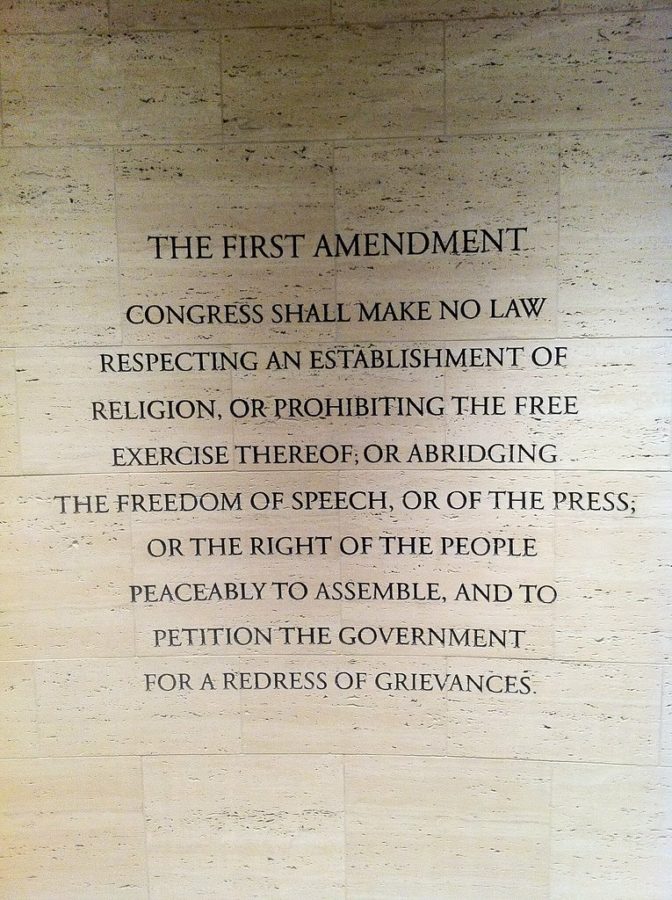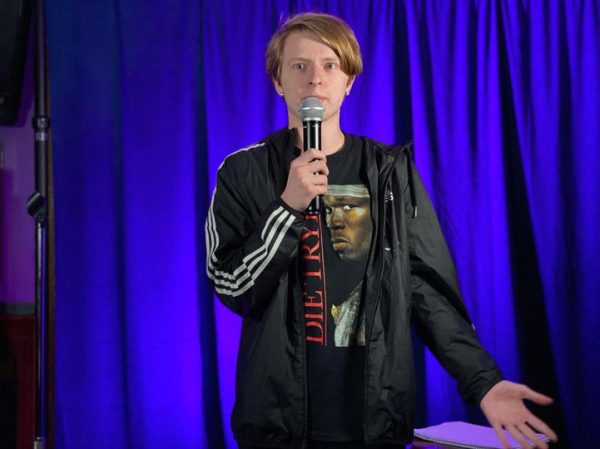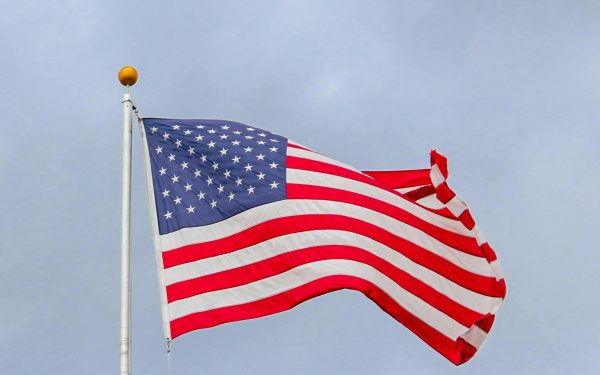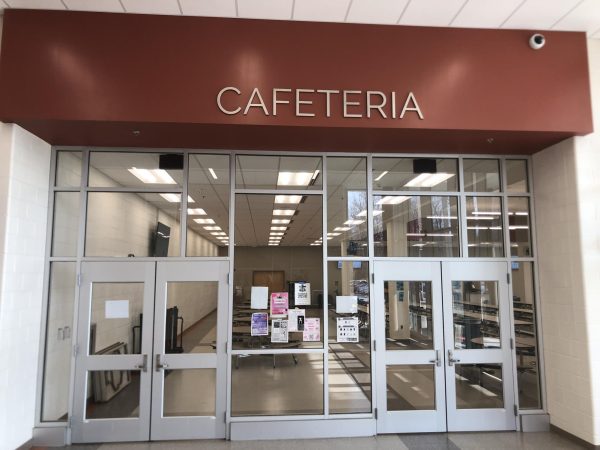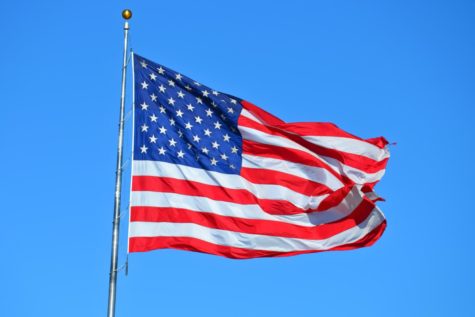First Amendment Includes Students
March 31, 2022
The Bill of Rights is more than just a Schoolhouse Rock song, it contains the rights that we’ve been given; the rights that we deserve. Specifically, the First Amendment; the right to free speech, petition, protest, and press has been the subject of debate for a very long time.
Protest is something integral to our country, and our very existence spawns from protests themselves. Boycotts and rallies were what gave Americans the ability to voice their opinions and stand up for what they believe in.
In history, people have tried to limit the rights that we have to peacefully protest through ways of police enforcement, lawsuits, and others, but the Bill of Rights has prevailed every time. As students, it is important to know that we do have the right to voice our opinions through peaceful protest. Even though sometimes people view us as just kids, we are more than that. We are the future of the country and we have the right to express our opinions just as any adults do.
This brings us to the Supreme Court Case Tinker v. Des Moines (any AP Government student here will roll their eyes at this reference). This case is a landmark in US history in which students protested the Vietnam War. The school reprimanded them for it, suspending them for exercising their constitutional rights. This case was taken to the Supreme Court, however, and set a precedent that students are allowed to advocate for themselves through peaceful protest as laid out by the constitution.
However, with a principle of social contract, by being in school, you give up a few rights. If an act of protest could be counted as “disruptive,” it could result in disciplinary action. The idea of something being “disruptive” is quite relative and depends entirely on context, but a school cannot prohibit you from wearing a t-shirt to support things like LGBTQ+ rights or Black Lives Matter, but a school could prohibit you from wearing a hat, not specifically because of the content on the hat, but since it could be perceived as “disruptive.”
Walkouts, however, are not constitutionally protected because laws in most states require students to go to school. Consequences vary on a county by county basis, but in order to get a more in-depth understanding of the unexcused absence policies of your own school, I suggest diving into a student code of conduct for your school. But with that being said, if you face a suspension for over 10 days, you have a right to formal process with a lawyer.
Outside of school, you have the right to any protest, speech, and petition that the law allows, free of any restrictions of being in the school building. The Constitution protects any peaceful protest outside of school since there is no restriction of “disruption.”
The pattern of oppression and censorship in American history is painfully prevalent. It can be seen in how in Florida today kids in schools are punished for talking about being gay (which is a blatant violation of the first amendment). It is clear how people tried to punish students for protesting the Vietnam War in Tinker v. Des Moines. In knowing our rights, we can show to the country that even though we are kids, we won’t be silenced and we won’t be pushed around.
